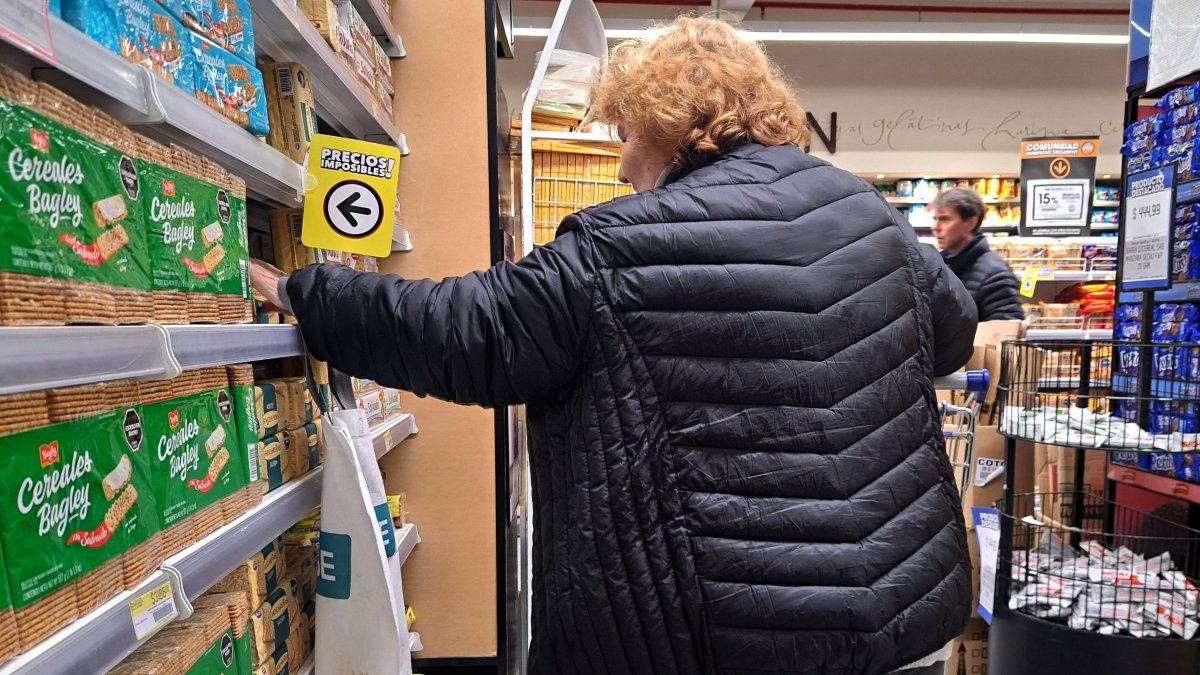In Germany there is currently no limit for paying with notes and coins. That’s going to change. The EU wants to take action against crime.
Purchases worth more than 10,000 euros will no longer be allowed to be paid for in cash in the EU. Negotiators from the European Parliament and the EU states agreed on this cap and other measures to take stronger action against money laundering, terrorist financing and the evasion of sanctions. However, the member states have the option of setting a lower maximum limit, the countries said.
In Germany there is currently no limit for paying with notes and coins. Anyone who wants to pay amounts over 10,000 euros in cash must identify themselves and prove where the money comes from. The dealer is obliged to record and store this information. During the negotiations between the EU countries, Germany was critical of an upper limit. Upper limits already apply in other countries in the international community.
Regulation also important for football
With the new rules, the regulations in the EU would be comprehensively harmonized, the countries said. Potential loopholes used by criminals to launder illicit proceeds or finance terrorist activities through the financial system would be closed.
Parliament said the new laws would give the financial investigation agencies – located at customs in Germany – more powers to analyze and uncover cases of money laundering and terrorist financing and to suspend suspicious transactions.
According to the federal states, in addition to institutions such as banks and casinos, dealers in luxury goods and, among other things, precious metals as well as providers of crypto assets above certain sums must now check their customers and report suspicious activities. Under certain conditions, professional football clubs and agents should also be obliged to monitor transactions.
The agreement must be formally adopted by Parliament and the Council. According to parliamentary information, the new rules should generally apply three years after they come into force.
In the fight against money laundering, a common money laundering authority, the “Anti-Money Laundering Authority” (AMLA), is also planned in the EU. It is intended to coordinate and support the national supervisory authorities. Frankfurt, among others, has applied for the authority’s headquarters.
Source: Stern




